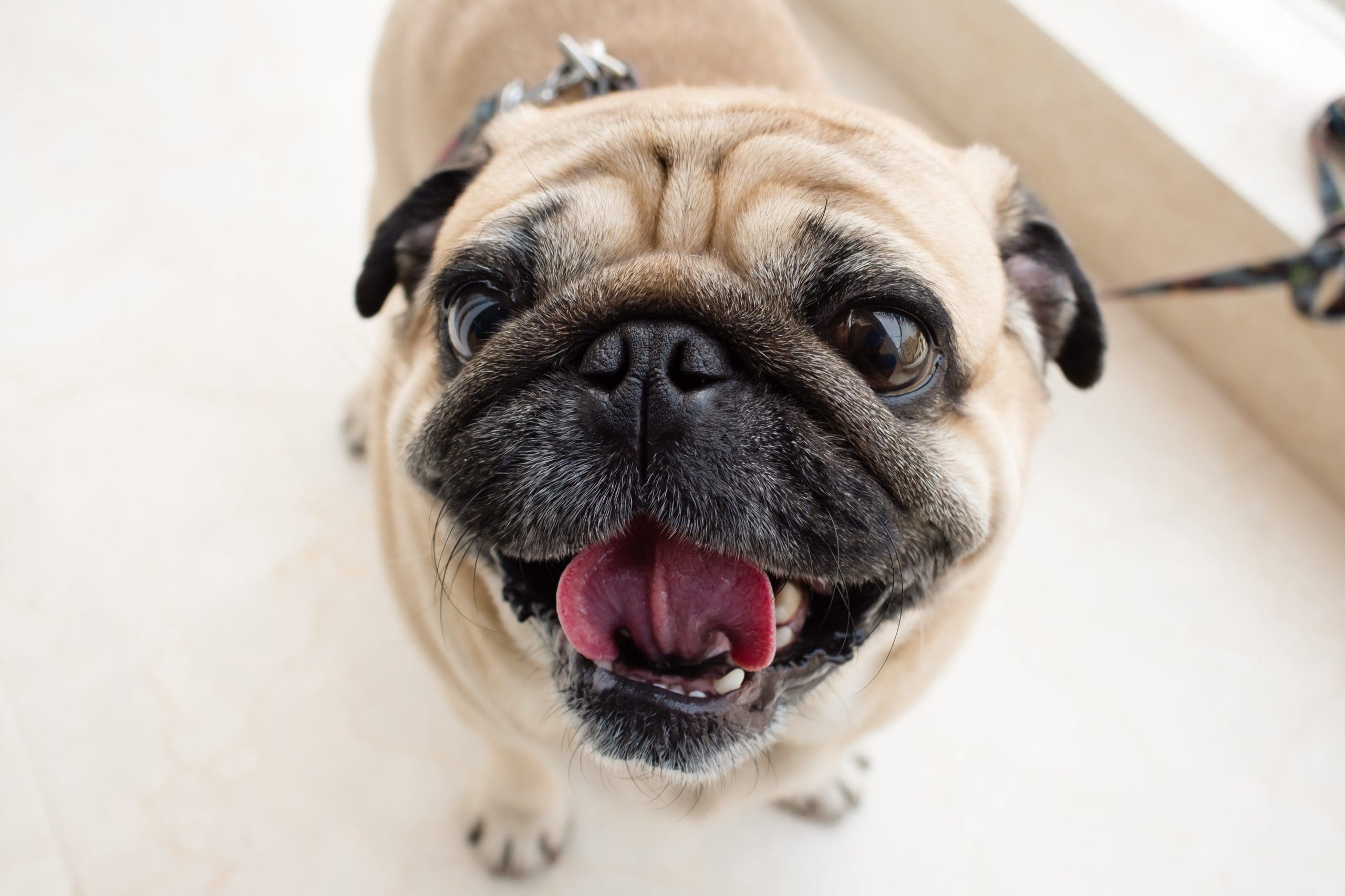Noticing your dog breathing rapidly can be alarming, but it’s essential to recognize that dogs naturally breathe faster than humans. However, when their breathing becomes noticeably rapid, it can indicate something that requires attention. Understanding the reasons behind this behavior is important for both your peace of mind and your dog’s health.
Common Causes of Fast Breathing
Excitement is a frequent reason for rapid breathing. When you return home after being away, your dog may greet you with enthusiasm, resulting in faster breaths. This response is usually harmless and will normalize as your dog calms down. Distinguishing between excitement and more serious causes is crucial.
After exercise, dogs often breathe rapidly. This is a normal physiological response as they require more oxygen during physical activity. If your dog is panting heavily after a vigorous play session, there’s typically no need for concern, provided their breathing returns to normal with rest.
Rapid breathing can also occur while dogs are asleep, particularly during REM sleep when dreaming takes place. If your dog is breathing quickly but appears comfortable and is not waking up distressed, this is typically not a cause for concern.
When Fast Breathing Signals a Problem
Fast breathing can sometimes indicate underlying health issues. Heatstroke is a serious condition that can arise from exposure to high temperatures without proper hydration or shade. Symptoms may include excessive panting, drooling, lethargy, or vomiting. Immediate veterinary attention is essential in such cases.
Respiratory infections, whether viral or bacterial, can also cause increased breathing rates. Signs such as coughing, nasal discharge, or lethargy warrant a visit to the veterinarian for proper evaluation and treatment.
Heart conditions can be particularly deceptive, often showing few symptoms until they become severe. If rapid breathing is accompanied by coughing, difficulty exercising, or fainting, prompt veterinary consultation is vital.
Anxiety and stress can also lead to fast breathing. Events like thunderstorms or changes in the household can trigger anxiety responses. Addressing the source of stress and creating a calming environment can help.
Certain breeds, such as bulldogs and pugs, are more susceptible to breathing difficulties due to their physical characteristics. These brachycephalic breeds often experience rapid breathing, especially in hot weather or during exertion. Vigilance in monitoring their breathing is crucial.
Observing Your Dog’s Breathing Patterns
Recognizing your dog’s normal breathing rate is essential. A resting dog typically breathes between 10 to 30 breaths per minute. Significant increases in this rate may require further investigation. Pay attention to your dog’s overall behavior—are they eating and drinking normally? Are they playful or lethargic? Such observations can assist in identifying potential issues.
If you’re worried about your dog’s fast breathing, trust your instincts. If it feels abnormal or is accompanied by other concerning symptoms, seeking veterinary care is prudent.
Keeping a record of your dog’s breathing patterns can also be beneficial, especially if rapid breathing occurs frequently. Documenting the circumstances and any accompanying symptoms can provide valuable information for the veterinarian.
Promoting Calmness
Creating a serene environment at home can help reduce anxiety-related fast breathing. Techniques such as playing calming music or engaging in gentle exercises like walking can promote relaxation.
Maintaining a healthy weight is also important. Obesity can worsen breathing problems and lead to other health concerns. A balanced diet and regular exercise can enhance your dog’s overall health and potentially reduce the risk of rapid breathing.
Fast breathing may sometimes be a temporary reaction to specific situations, such as stress from a vet visit or loud noises. Allow your dog time to relax and monitor their behavior to assess whether their condition improves.
Being Proactive About Your Dog’s Health
Understanding your dog’s breed and its predispositions to respiratory issues can provide insights into potential health concerns. Familiarizing yourself with breed-specific characteristics can help you recognize when to seek help.
The bond you share with your dog is invaluable. Your attentiveness to changes in their behavior and health can significantly impact their quality of life. If you find yourself questioning why your dog is breathing fast, remember that your concern is valid. Being informed and proactive will lead to better outcomes for your furry friend.
Fast breathing in dogs can stem from various causes, ranging from benign to serious. Awareness of normal respiratory rates, understanding potential triggers, and recognizing when to seek veterinary attention are essential steps in ensuring your dog’s health. Whether induced by excitement, exercise, anxiety, or medical issues, staying observant will help you provide the best care for your beloved pet.



